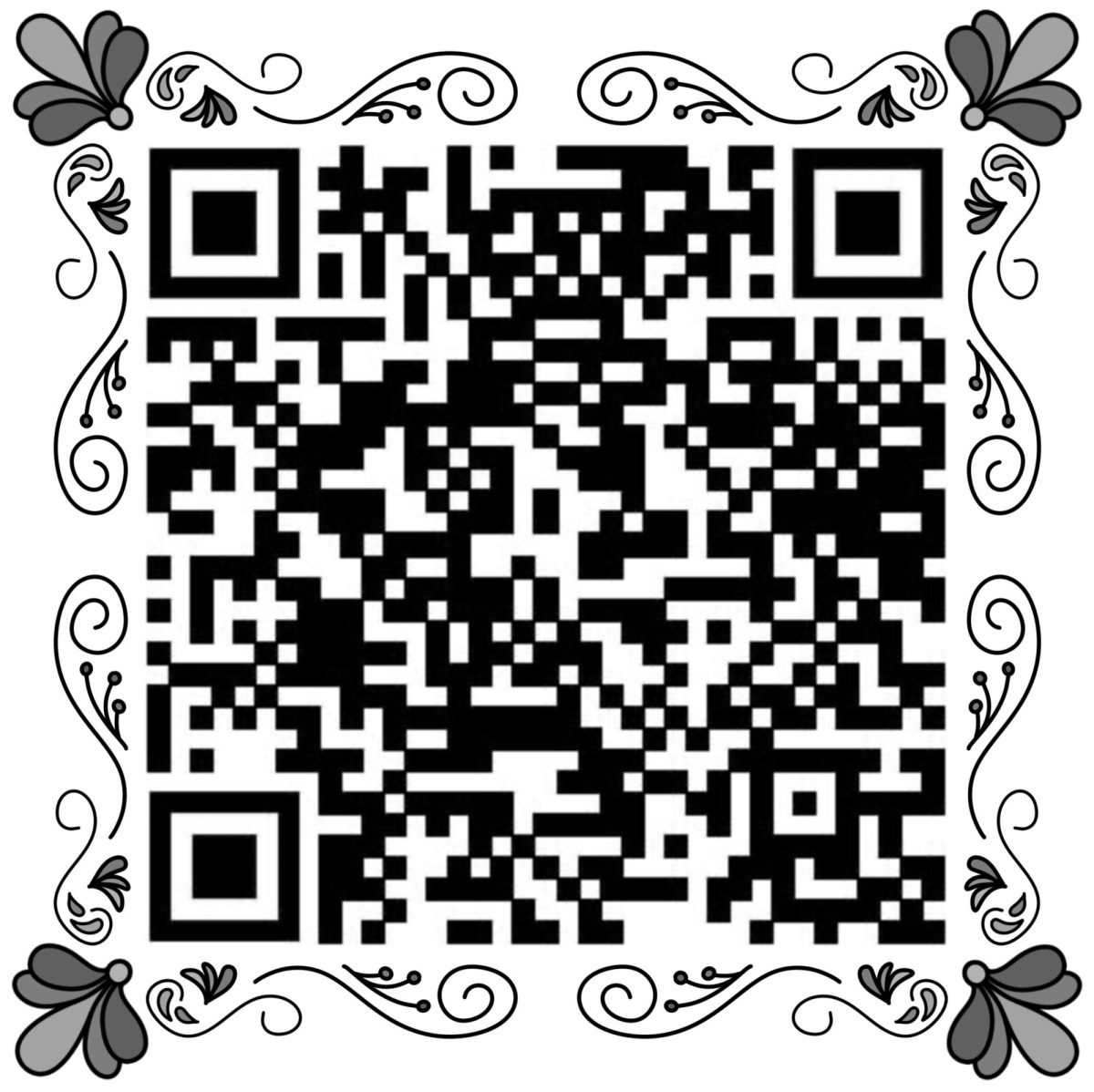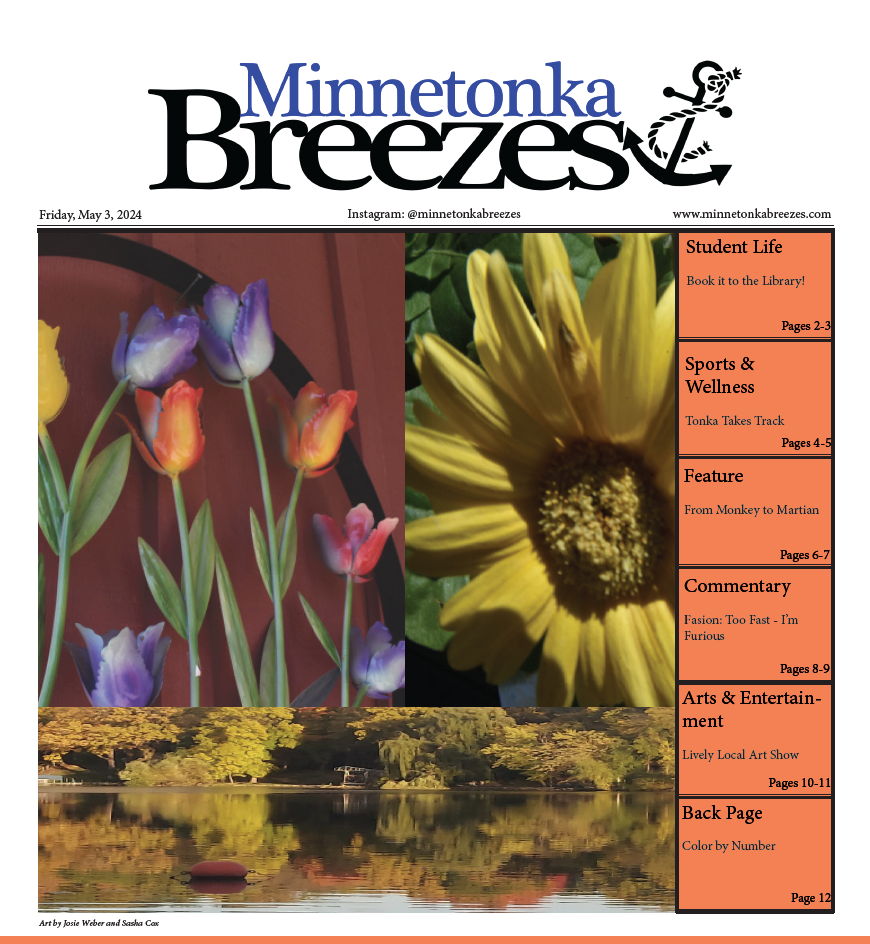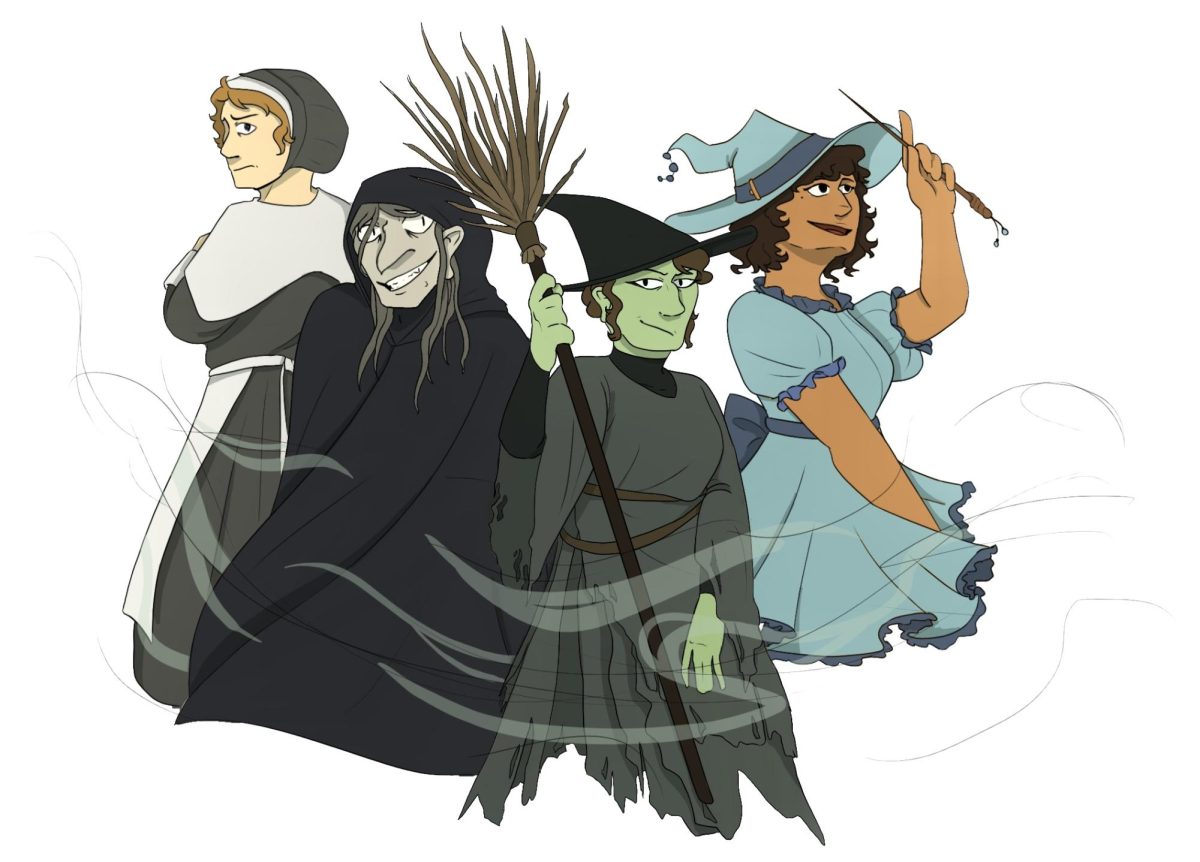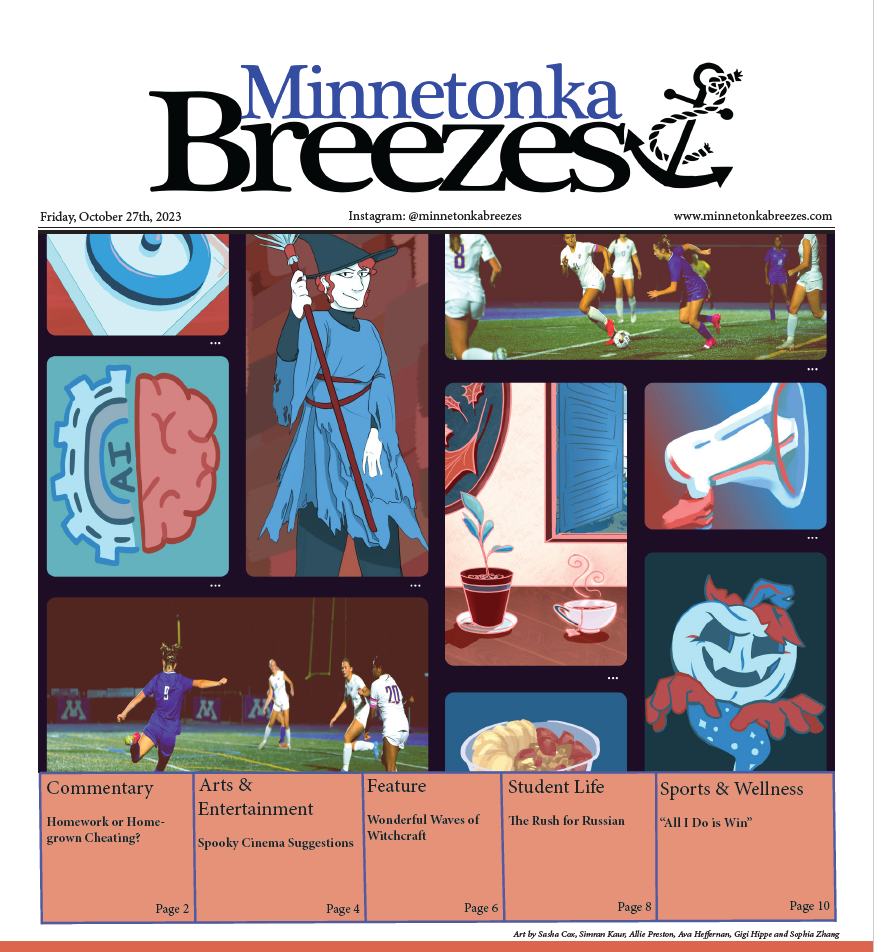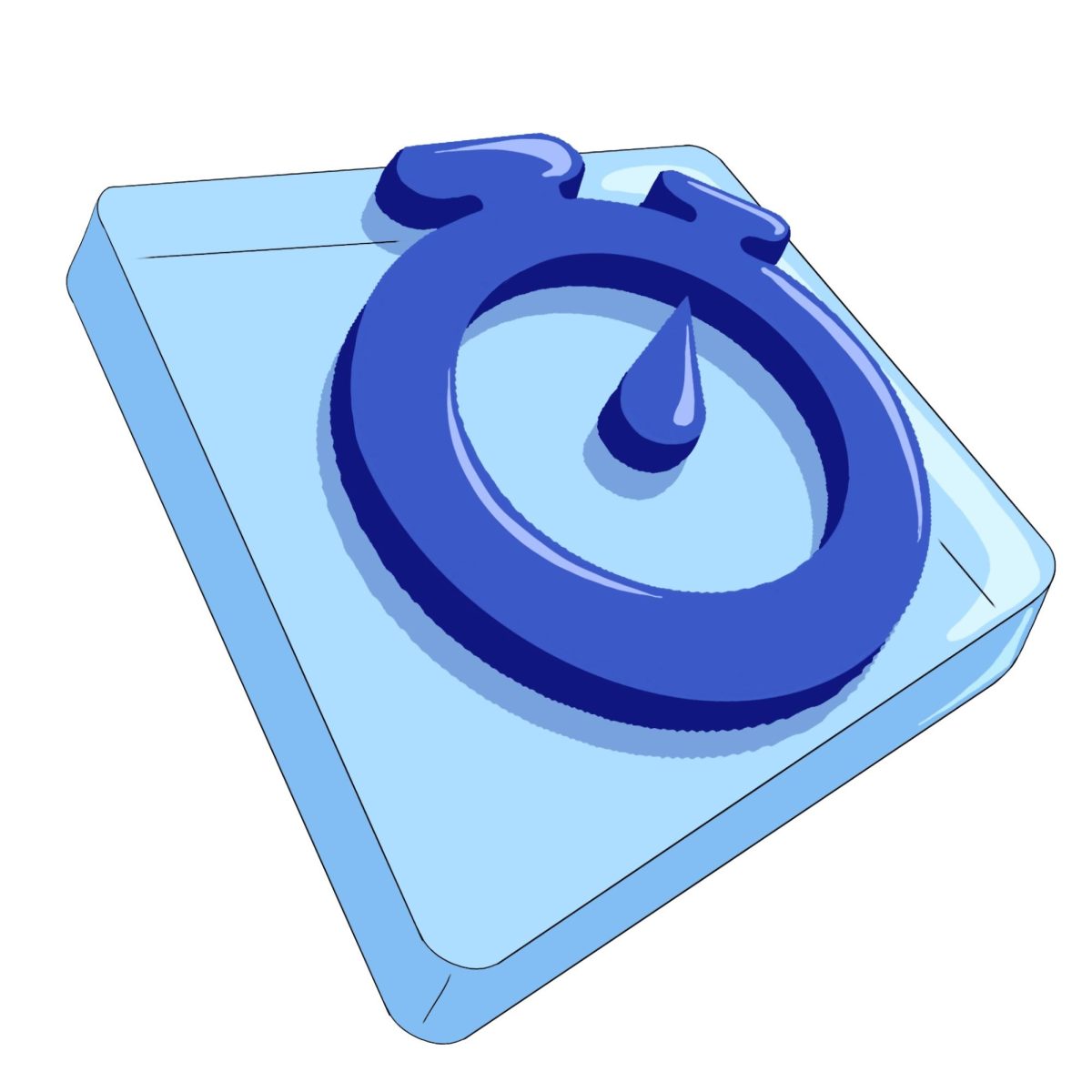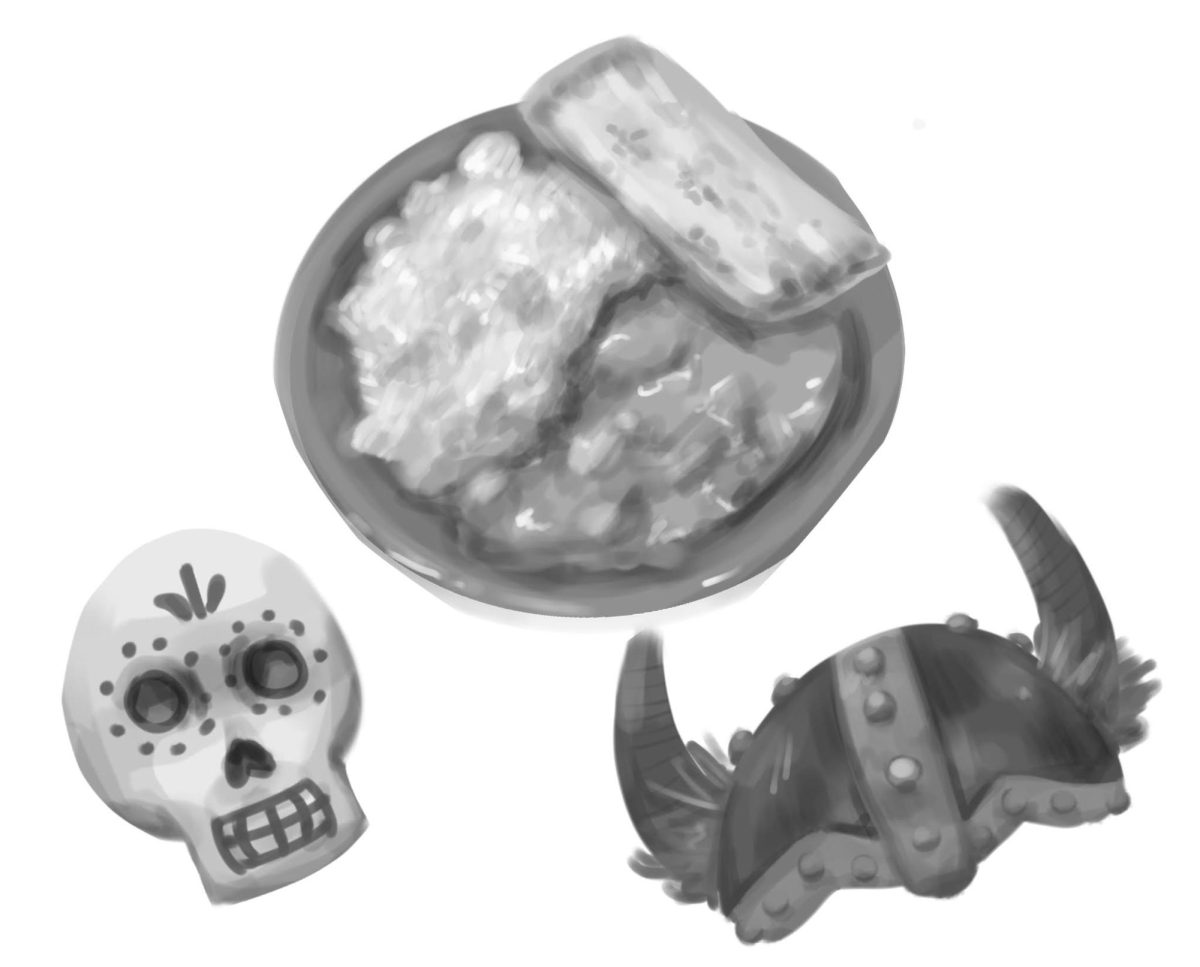Minnetonka High School is a diverse school made for and from opportunities. Recently, there has been a new effort to expand these opportunities: the addition of a Russian Language Program. This has been a community effort, particularly through Russian-speaking students and parents.
Why Russian?
Russian is federally recognized as a critical-need language and spoken by over 250 million people worldwide. According to the University of Maryland, a critical-need language is defined as “any language for which more trained speakers are needed than are available may be considered critical.” There is a lot of support to pursue critical language-learning, such as STARTALK, a federally funded program that specializes in teaching high school and early college students critical languages including Russian, Arabic, and Persian.
The Russian-speaking community is growing in the US and in Minnesota. “There’s a lot of refugees from Ukraine coming into Minnesota… Sharing a language and having a community that speaks that language is really important,” says Belarusian Natasha Abyzova, ‘25. It’s important to build a support system for these growing communities, and language is a powerful part of that.
Why Tonka?
“In a perfect world, the number of languages [at MHS] would match the diversity of the students,” shares Tracy Ivy “T-Dubs”, who has taught ASL at MHS for 15 years. She believes that multilingualism is extremely helpful for students’ futures in college and the workforce. MHS is full of resources meant to support students. With the addition of Russian, doors could be opened to more discussions about more diverse language classes and cultural inclusion, and how the Minnetonka Public Schools district can enrich language-learning opportunities for everyone.
MHS could be the second public school in Minnesota to ever offer Russian as a language. This would be a unique and valuable trait that could draw in more support for MHS and give current students exciting opportunities for their learning, such as competing in the State/Regional Olympiada of Spoken Russian as well as preparing for and partaking in the AP Russian Language exam.
How Can We Help?
Currently, a petition has been launched to organize the effort to open a Russian language program at the high school. Students like Natasha have also been trying to open a Slavic Culture Club where students with Slavic backgrounds can connect and welcome all students interested in learning about Slavic culture and Cyrillic languages besides Russian. So keep an eye out for this new club, and in the meantime take a look at the petition and additional information linked to this QR code.






























